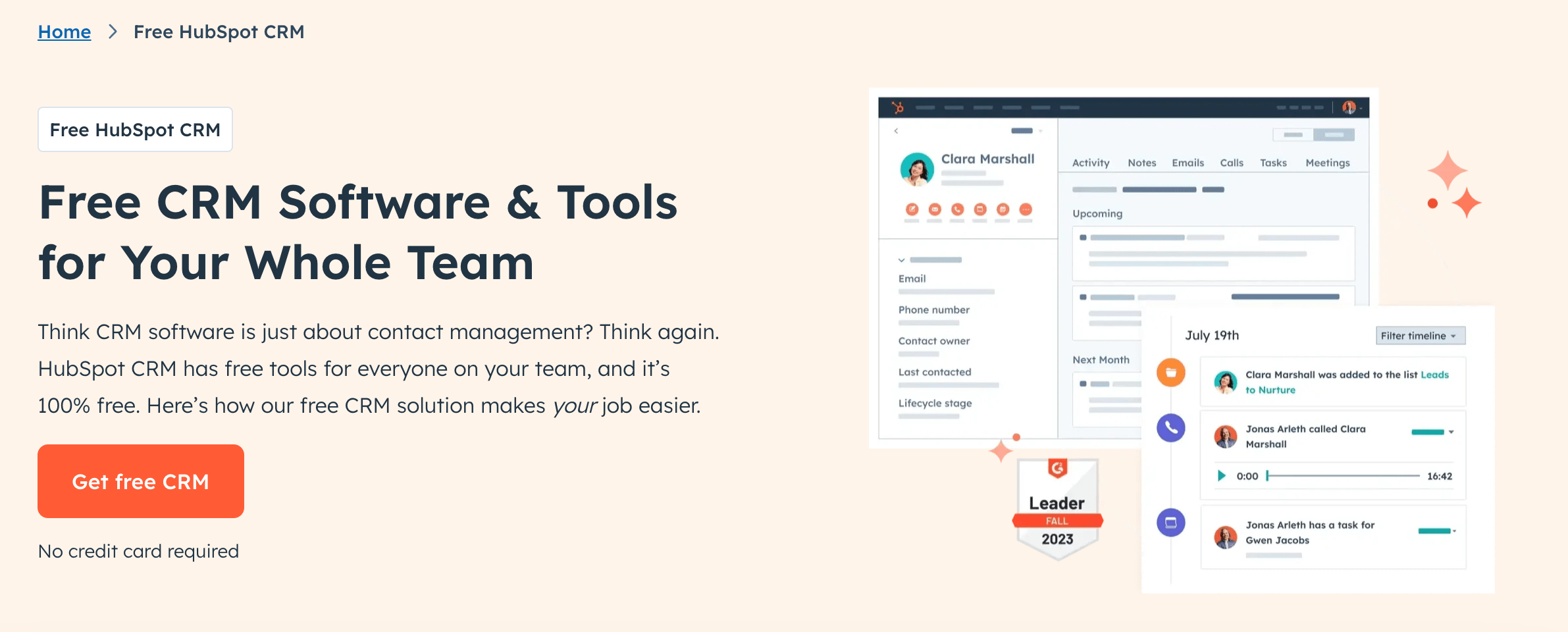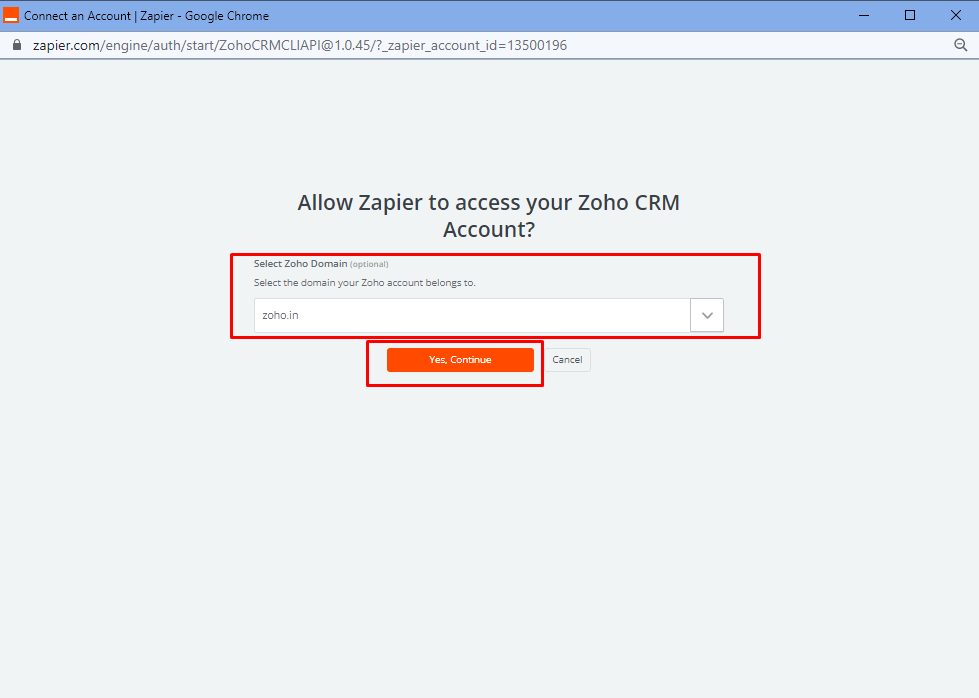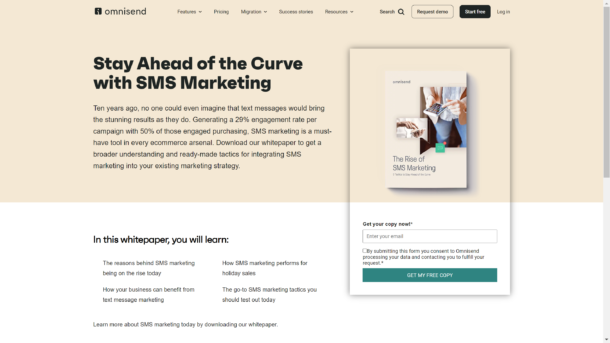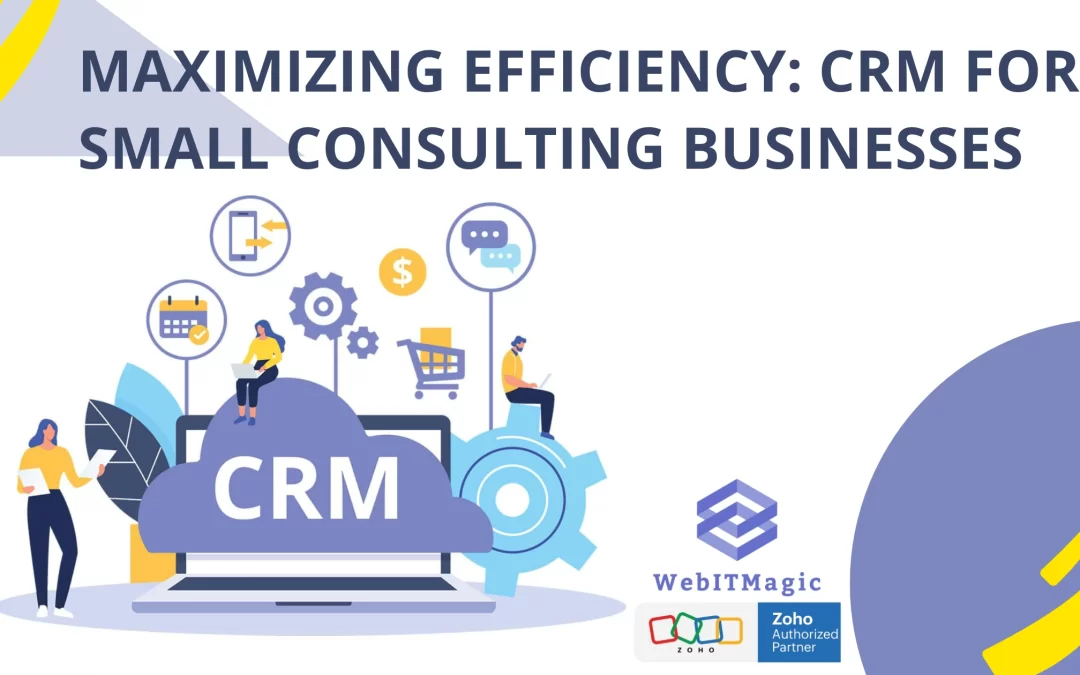Supercharge Your Business: The Ultimate Guide to CRM Marketing Tools
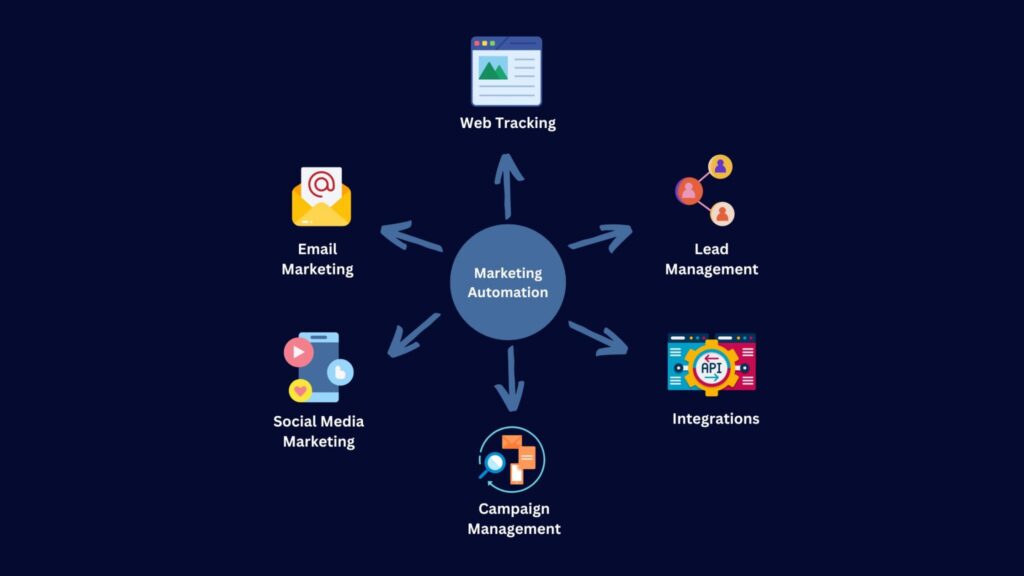
Introduction: Why CRM Marketing Tools Are a Game Changer
In today’s hyper-competitive business landscape, understanding and catering to your customers is no longer optional – it’s essential. This is where Customer Relationship Management (CRM) marketing tools come into play. They’re more than just a trend; they’re a fundamental shift in how businesses interact with their audience, manage leads, and ultimately, drive revenue. But what exactly are these tools, and why are they so vital?
At their core, CRM marketing tools are software solutions designed to help businesses manage and analyze customer interactions and data throughout the customer lifecycle. They act as a central hub for all customer-related information, from initial contact to ongoing support. This centralized view allows businesses to personalize their marketing efforts, improve customer service, and foster stronger, more profitable relationships.
Think of it this way: imagine trying to run a marathon without proper training or equipment. You might be able to finish, but you’re unlikely to perform your best. Similarly, without the right CRM marketing tools, you’re essentially running your business with one hand tied behind your back. You’re missing out on valuable insights, struggling to keep track of customer interactions, and potentially losing out on opportunities to convert leads and retain existing customers.
This comprehensive guide will delve deep into the world of CRM marketing tools. We’ll explore their benefits, different types, key features to look for, and how to choose the right tools for your specific business needs. Whether you’re a small startup or a large enterprise, this guide will equip you with the knowledge and insights you need to leverage CRM marketing tools to their full potential.
The Core Benefits of CRM Marketing Tools
The advantages of implementing CRM marketing tools are multifaceted, impacting various aspects of your business. Here are some of the most significant benefits:
1. Enhanced Customer Understanding
CRM tools provide a 360-degree view of your customers. They consolidate data from various sources, including website interactions, email communications, social media activity, and purchase history. This comprehensive understanding allows you to:
- Personalize Marketing Campaigns: Tailor your messaging and offers to individual customer preferences and behaviors.
- Segment Your Audience: Group customers based on shared characteristics, allowing for more targeted and effective campaigns.
- Identify Customer Needs: Anticipate customer needs and proactively offer relevant products or services.
2. Improved Lead Management
CRM tools streamline the lead management process, from capturing leads to nurturing them through the sales funnel. Key features include:
- Lead Capture: Automatically capture leads from website forms, landing pages, and other sources.
- Lead Scoring: Prioritize leads based on their engagement and likelihood to convert.
- Lead Nurturing: Automate email campaigns and other touchpoints to keep leads engaged and move them closer to a purchase.
3. Increased Sales Efficiency
By automating repetitive tasks and providing easy access to customer information, CRM tools empower your sales team to be more productive. This translates to:
- Reduced Administrative Burden: Automate data entry and other time-consuming tasks.
- Improved Sales Forecasting: Gain insights into sales trends and predict future revenue.
- Enhanced Collaboration: Facilitate communication and collaboration among sales team members.
4. Optimized Customer Service
CRM tools enable you to provide exceptional customer service by providing your support team with instant access to customer information and interaction history. This leads to:
- Faster Response Times: Quickly address customer inquiries and resolve issues.
- Personalized Support: Provide tailored solutions based on individual customer needs.
- Improved Customer Satisfaction: Foster positive customer relationships and build brand loyalty.
5. Data-Driven Decision Making
CRM tools provide valuable data and analytics that can inform your business decisions. You can track key performance indicators (KPIs) such as:
- Customer Acquisition Cost (CAC): The cost of acquiring a new customer.
- Customer Lifetime Value (CLTV): The predicted revenue a customer will generate over their relationship with your business.
- Conversion Rates: The percentage of leads that convert into customers.
By analyzing these metrics, you can identify areas for improvement and optimize your marketing and sales strategies.
Different Types of CRM Marketing Tools
The CRM landscape is diverse, offering a wide range of tools designed to meet the specific needs of different businesses. Here are some of the most common types:
1. Sales Force Automation (SFA)
SFA tools focus on automating and streamlining sales processes. They typically include features such as lead management, contact management, sales forecasting, and opportunity management. Examples include Salesforce Sales Cloud and HubSpot Sales Hub.
2. Marketing Automation
Marketing automation tools are designed to automate repetitive marketing tasks, such as email marketing, social media posting, and lead nurturing. They often include features like email templates, workflow automation, and lead scoring. Examples include Marketo, Pardot (by Salesforce), and ActiveCampaign.
3. Customer Service CRM
Customer service CRM tools focus on managing customer interactions and providing excellent support. They typically include features like help desk ticketing, live chat, and knowledge base management. Examples include Zendesk, Freshdesk, and Zoho Desk.
4. Social CRM
Social CRM tools integrate social media data with your CRM system, allowing you to monitor social conversations, engage with customers, and track social media performance. Examples include Sprout Social and Hootsuite (with CRM integrations).
5. Operational CRM
Operational CRM focuses on automating the front-office business processes of sales, marketing and customer service. It streamlines the customer journey and improves operational efficiency. It often incorporates features from SFA, marketing automation, and customer service CRM. Examples include Microsoft Dynamics 365 and SAP CRM.
6. Analytical CRM
Analytical CRM concentrates on analyzing customer data to gain insights into customer behavior and preferences. It uses data mining, business intelligence, and other analytical techniques to identify trends and patterns. Examples include tools that integrate with data warehouses and business intelligence platforms.
Key Features to Look For in CRM Marketing Tools
Choosing the right CRM marketing tools requires careful consideration of your business needs. Here are some key features to look for:
1. Contact Management
The ability to store and manage customer contact information, including names, addresses, phone numbers, email addresses, and social media profiles, is fundamental. Look for features such as:
- Contact Segmentation: Grouping contacts based on demographics, behavior, or other criteria.
- Contact Tagging: Adding tags to contacts for easy identification and organization.
- Contact Import/Export: Importing and exporting contact data from various sources.
2. Lead Management
Effective lead management is crucial for converting leads into customers. Key features include:
- Lead Capture Forms: Creating and embedding forms on your website to capture lead information.
- Lead Scoring: Prioritizing leads based on their engagement and likelihood to convert.
- Lead Nurturing Workflows: Automating email campaigns and other touchpoints to nurture leads.
3. Marketing Automation
Marketing automation features can significantly improve your marketing efficiency. Look for features such as:
- Email Marketing: Creating and sending email campaigns, including newsletters, promotional emails, and automated drip campaigns.
- Workflow Automation: Automating tasks based on triggers, such as sending a welcome email to a new subscriber.
- Segmentation and Personalization: Tailoring your marketing messages to specific customer segments.
4. Sales Automation
Sales automation features can streamline your sales processes and improve sales team productivity. Key features include:
- Sales Pipeline Management: Tracking leads through the sales pipeline and managing sales opportunities.
- Task Automation: Automating repetitive tasks, such as sending follow-up emails or scheduling calls.
- Sales Reporting and Analytics: Tracking sales performance and identifying areas for improvement.
5. Reporting and Analytics
Robust reporting and analytics capabilities are essential for measuring the success of your CRM marketing efforts. Look for features such as:
- Customizable Dashboards: Creating dashboards that display key performance indicators (KPIs) and other relevant data.
- Reporting Templates: Accessing pre-built reporting templates to quickly generate reports.
- Data Visualization: Using charts and graphs to visualize data and identify trends.
6. Integration Capabilities
Your CRM tool should integrate seamlessly with other tools you use, such as your website, email marketing platform, and social media channels. Look for integrations with:
- Email Marketing Platforms: Mailchimp, Constant Contact, etc.
- Social Media Platforms: Facebook, Twitter, LinkedIn, etc.
- E-commerce Platforms: Shopify, WooCommerce, etc.
- Accounting Software: QuickBooks, Xero, etc.
7. Mobile Accessibility
In today’s mobile-first world, it’s crucial that your CRM tool is accessible on mobile devices. Look for features such as:
- Mobile Apps: Dedicated mobile apps for iOS and Android devices.
- Responsive Design: The ability to access the CRM tool on any device, with a responsive design that adapts to the screen size.
8. Security Features
Protecting customer data is paramount. Look for features such as:
- Data Encryption: Encrypting sensitive data to protect it from unauthorized access.
- User Permissions: Controlling user access to specific data and features.
- Regular Backups: Regularly backing up your data to prevent data loss.
Choosing the Right CRM Marketing Tools for Your Business
Selecting the right CRM marketing tools can feel overwhelming, but by following a systematic approach, you can make the process much easier. Here’s a step-by-step guide:
1. Define Your Business Needs
Before you start evaluating CRM tools, take the time to clearly define your business needs. Consider the following questions:
- What are your current pain points? What challenges are you facing in managing customer relationships, generating leads, or closing sales?
- What are your business goals? What do you hope to achieve with a CRM tool? Increase sales? Improve customer satisfaction? Streamline marketing efforts?
- What are your key processes? Map out your current sales, marketing, and customer service processes.
- What are your budget constraints? How much are you willing to spend on a CRM tool?
2. Research Different CRM Tools
Once you have a clear understanding of your needs, start researching different CRM tools. Consider the following factors:
- Features: Does the tool offer the features you need to address your pain points and achieve your goals?
- Scalability: Can the tool scale with your business as it grows?
- Integrations: Does the tool integrate with your existing tools and systems?
- Ease of Use: Is the tool easy to use and navigate?
- Pricing: Does the pricing model fit your budget?
- Reviews and Ratings: Read reviews and ratings from other users to get an idea of the tool’s strengths and weaknesses.
3. Create a Shortlist of Potential Tools
Based on your research, create a shortlist of potential CRM tools that seem to meet your needs. Narrowing your options will make the evaluation process more manageable.
4. Request Demos and Trials
Request demos and trials of the tools on your shortlist. This will allow you to get a hands-on feel for the tools and see how they work in practice. During the demo or trial, pay attention to:
- User Interface: Is the interface intuitive and easy to use?
- Functionality: Does the tool perform the tasks you need it to?
- Performance: Does the tool run smoothly and efficiently?
- Support: What kind of support is offered by the vendor?
5. Evaluate and Compare Tools
Carefully evaluate and compare the tools on your shortlist. Create a spreadsheet or document to compare features, pricing, and other factors. Consider the following questions:
- Which tool best addresses your needs?
- Which tool is the most user-friendly?
- Which tool offers the best value for your money?
6. Make Your Decision and Implement the Tool
Based on your evaluation, make your decision and choose the CRM tool that best fits your needs. Once you’ve made your decision, implement the tool. This process typically involves:
- Data Migration: Transferring your existing customer data to the new CRM tool.
- Customization: Configuring the tool to meet your specific needs.
- Training: Training your team on how to use the tool.
7. Monitor and Optimize
Once the CRM tool is implemented, it’s important to monitor its performance and optimize your processes. Track key performance indicators (KPIs) and make adjustments as needed to ensure you’re getting the most out of the tool. Regularly review your CRM strategy and make updates to reflect changes in your business needs and goals.
The Future of CRM Marketing Tools
The CRM marketing landscape is constantly evolving, with new technologies and trends emerging regularly. Here are some of the key trends shaping the future of CRM marketing tools:
1. Artificial Intelligence (AI) and Machine Learning (ML)
AI and ML are transforming CRM marketing tools, enabling businesses to:
- Automate Tasks: Automate repetitive tasks, such as data entry and email marketing.
- Personalize Experiences: Provide more personalized customer experiences based on individual preferences and behaviors.
- Predict Customer Behavior: Predict customer behavior and identify opportunities for upselling and cross-selling.
- Improve Lead Scoring: More accurately score leads and prioritize sales efforts.
2. Increased Focus on Customer Experience (CX)
Businesses are increasingly focused on providing exceptional customer experiences. CRM tools are playing a crucial role in this by:
- Providing a 360-Degree View of the Customer: Allowing businesses to understand their customers’ needs and preferences.
- Personalizing Interactions: Tailoring interactions to individual customer needs.
- Improving Customer Service: Providing faster and more efficient customer support.
3. Mobile-First Approach
With the increasing use of mobile devices, CRM tools are becoming more mobile-friendly. This includes:
- Mobile Apps: Dedicated mobile apps for iOS and Android devices.
- Responsive Design: Ensuring that the tool is accessible and usable on any device.
- Push Notifications: Sending push notifications to keep users informed and engaged.
4. Integration with Emerging Technologies
CRM tools are integrating with emerging technologies, such as:
- Voice Assistants: Integrating with voice assistants, such as Amazon Alexa and Google Assistant.
- Chatbots: Using chatbots to provide customer support and automate lead generation.
- Augmented Reality (AR) and Virtual Reality (VR): Exploring the use of AR and VR to enhance customer experiences.
5. Data Privacy and Security
Data privacy and security are becoming increasingly important. CRM tools are focusing on:
- Data Encryption: Encrypting sensitive data to protect it from unauthorized access.
- Compliance with Data Privacy Regulations: Complying with regulations such as GDPR and CCPA.
- User Permissions: Controlling user access to specific data and features.
Conclusion: Embrace the Power of CRM Marketing Tools
In conclusion, CRM marketing tools are no longer a luxury – they’re a necessity for businesses that want to thrive in today’s competitive market. By understanding the benefits, features, and different types of CRM tools, you can make informed decisions about which tools are right for your business. Remember to define your needs, research your options, and choose a tool that aligns with your goals and budget.
The future of CRM marketing is bright, with AI, machine learning, and other emerging technologies poised to further enhance the capabilities of these tools. By embracing the power of CRM marketing tools, you can:
- Build Stronger Customer Relationships: Understand your customers’ needs and preferences.
- Increase Sales and Revenue: Streamline your sales processes and generate more leads.
- Improve Customer Service: Provide faster and more efficient support.
- Gain a Competitive Advantage: Stay ahead of the curve and adapt to the ever-changing market.
Don’t wait – start exploring the world of CRM marketing tools today and unlock the full potential of your business!

